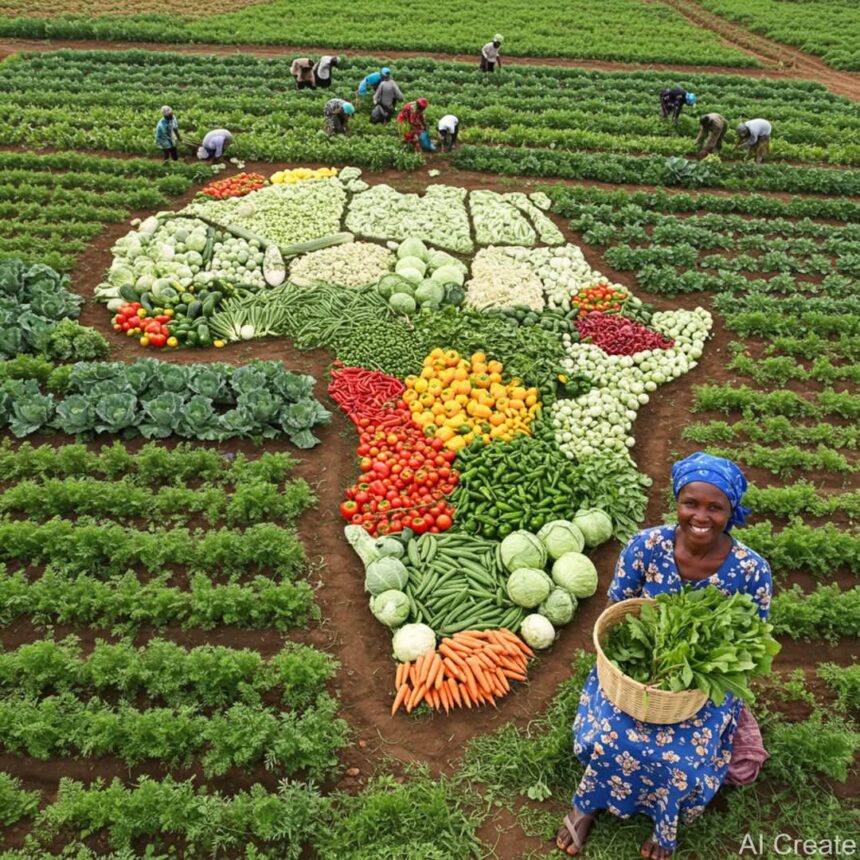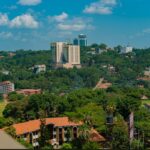Uganda is an East African country with a population of approximately 47 million people. Her 47 million people consists of more than fifty-six tribes, each with its own language, culture, and customs but still united which makes it so unique. The country is bordered by five other countries, and these include the Democratic Republic of Congo, Rwanda, Tanzania, Kenya, and South Sudan.
Uganda is among the 13 countries in the world through which the Equator crosses. This is responsible for among other things our wonderful weather. Tourists love to visit the Equator site and carry out the Coriolis experiment to see how water drains in different directions in the different hemispheres.
According to Winston Churchill, a former British Prime Minister after having moved across the entire African continent, rightly named Uganda the Pearl of Africa. Her beauty and natural resource endowment was unmatched.
Uganda is unique and this is why
Uganda is home to the second largest freshwater lake in the world called Lake Victoria. This lake, which covers twenty-six thousand square miles, is located in Uganda, and is also shared by other neighbours, Kenya and Tanzania with biggest part of this lake is located in Uganda.
Uganda is a landlocked country whose diverse landscape encompasses the snow-capped Rwenzori Mountains and immense Lake Victoria. Its abundant wildlife includes chimpanzees as well as rare birds. The remote Bwindi Impenetrable National Park is a renowned mountain gorilla sanctuary. Murchison Falls National Park in the northwest is known for its 43m-tall waterfall and wildlife such as hippos.
Uganda also boasts an impressive array of fresh water other than Lake Victoria. She is home to the source of the Nile, the Nile River, which is the longest river in the world. It stretches from Uganda, moving up north to Egypt, where it pours all its water into the Mediterranean Sea. The Nile River, originating from Lake Victoria, flows through Uganda, providing a vital source of water, hydroelectric power, and fertile soil for agriculture. The source of the Nile is one of the most visited places in Uganda and the entire continent. This country is largely known for fresh water lakes, rivers, and wetlands, accounting for approximately 15% of its total area. Other notable lakes include Lake Albert, Lake Edward, and Lake George.
Uganda is as well-known as the Matooke Republic. This is because of the large abundance of bananas in the country, and it’s enjoyed as a delicacy across the country. Matooke is made from unripe green bananas (a specific type of plantain called the East African Highland banana) that are peeled, steamed in banana leaves, and then mashed into a porridge-like consistency, often served with almost with all sauces in Uganda.
On the other hand, Uganda adopted a new delicacy that has become so popular. It is called a Rolex. This has given birth to a famous saying:
“In Uganda, we don’t wear Rolex; we eat Rolex. Rolex is one a combination of a fried rolled into a chapati with condiments of one’s choice.
Uganda is also ranked as the safest country on the African continent. Tourists enjoy their stay in Uganda without any incidents. It’s for this reason that this country is highly recommended by many tourists’ cities. Uganda is often considered one of the safest places in Africa primarily due to its relative political stability, strong focus on tourism security, especially in popular wildlife areas like Bwindi Impenetrable Forest, and a low crime rate against tourists, particularly when visiting well-managed national parks where gorilla trekking is a major attraction.
Majestic Mountains and Hills: A Hiker’s Paradise, Uganda’s terrain is characterized by towering mountains, rolling hills, and expansive valleys. The Rwenzori Mountains, also known as the “Mountains of the Moon,” offer breathtaking scenery, glaciers, and diverse flora and fauna. Mount Elgon, located in eastern Uganda, is an extinct volcano with a unique landscape of craters, caves, and hot springs. The Kigezi Highlands, often referred to as the “Switzerland of Africa,” feature picturesque hills, valleys, and lakes.
Pleasant Weather: A year-Round Tropical climate. Uganda’s tropical climate is characterized by two rainy seasons and two dry seasons, with temperatures ranging from 20°C to 30°C (68°F to 86°F) throughout the year. The pleasant weather makes it an ideal destination for tourists and a comfortable environment for its citizens. Uganda’s weather or climate doesn’t just provide a cool and fresh enjoyment atmosphere but is responsible for many other blessings.
Lush Greenery: Uganda’s tropical climate and fertile soil support a wide range of flora, from tropical rainforests to savannas and woodlands. The country is home to several national parks, including Bwindi Impenetrable National Park, Mgahinga Gorilla National Park, and Murchison Falls National Park, which offer a glimpse into Uganda’s incredible biodiversity. The lush greenery provides a habitat for countless bird species, mammals, and insects, making Uganda a nature lover’s paradise.
Fertile Land: A farmer’s Haven: Uganda’s fertile land, coupled with its favourable climate, makes it an ideal location for farming and agriculture. The country is self-sufficient in food production, and its agricultural sector contributes significantly to the national economy. The fertile land also supports the growth of various cash crops like coffee, cotton, and tobacco.
In conclusion, Uganda is a very special country in Africa. It has amazing natural beauty and many wonderful things to see. With its clean lakes and rivers, big mountains, green forests, and nice weather, Uganda is a great place to visit. The country also has good soil for growing food, fresh fruits and vegetables, and a rich culture. All these things make Uganda a great place for tourists, business people, and its own citizens.”






